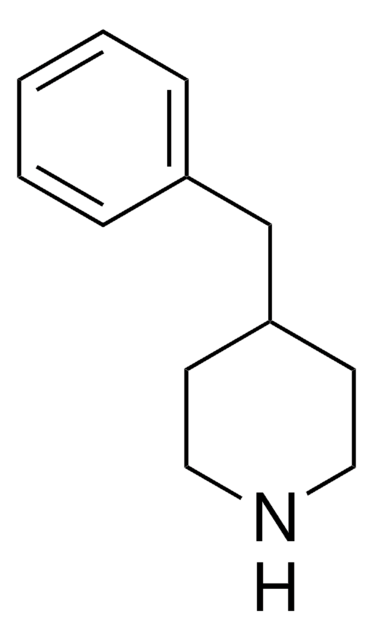22880
Chloroacetyl chloride
purum, ≥99.0% (GC)
Synonym(s):
Chloroacetic chloride
About This Item
Recommended Products
vapor density
3.9 (vs air)
Quality Level
vapor pressure
60 mmHg ( 41.5 °C)
grade
purum
Assay
≥99.0% (GC)
form
liquid
refractive index
n20/D 1.453 (lit.)
n20/D 1.453
bp
105-106 °C (lit.)
mp
−22 °C (lit.)
solubility
water: insoluble
density
1.419 g/mL at 20 °C
1.418 g/mL at 25 °C (lit.)
SMILES string
ClCC(Cl)=O
InChI
1S/C2H2Cl2O/c3-1-2(4)5/h1H2
InChI key
VGCXGMAHQTYDJK-UHFFFAOYSA-N
Looking for similar products? Visit Product Comparison Guide
General description
Application
- 2-chloro-N-(pyridine-2-yl)acetamide via N-acylation of pyridin-2-amine
- chloroacetyl cellulose by reacting with cellulose in N,N-dimethylformamide
- azetobenzothiazine derivatives by reacting with 1,3-benzothiazines in the presence of a base in refluxing toluene
- 2-chloro-1-(3,5-diaryl-4,5-dihydropyrazol-1-yl)-ethanones by reacting with 3,5-diaryl-4,5-dihydropyrazoles
- chloroacetyl isatins by reacting with isatins under microwave conditions
Signal Word
Danger
Hazard Statements
Precautionary Statements
Hazard Classifications
Acute Tox. 3 Dermal - Acute Tox. 3 Inhalation - Acute Tox. 3 Oral - Aquatic Acute 1 - Eye Dam. 1 - Skin Corr. 1A - STOT RE 1
Target Organs
Lungs
Supplementary Hazards
Storage Class Code
6.1A - Combustible acute toxic Cat. 1 and 2 / very toxic hazardous materials
WGK
WGK 3
Flash Point(F)
212.0 °F - closed cup
Flash Point(C)
100 °C - closed cup
Personal Protective Equipment
Choose from one of the most recent versions:
Already Own This Product?
Find documentation for the products that you have recently purchased in the Document Library.
Customers Also Viewed
Our team of scientists has experience in all areas of research including Life Science, Material Science, Chemical Synthesis, Chromatography, Analytical and many others.
Contact Technical Service




















